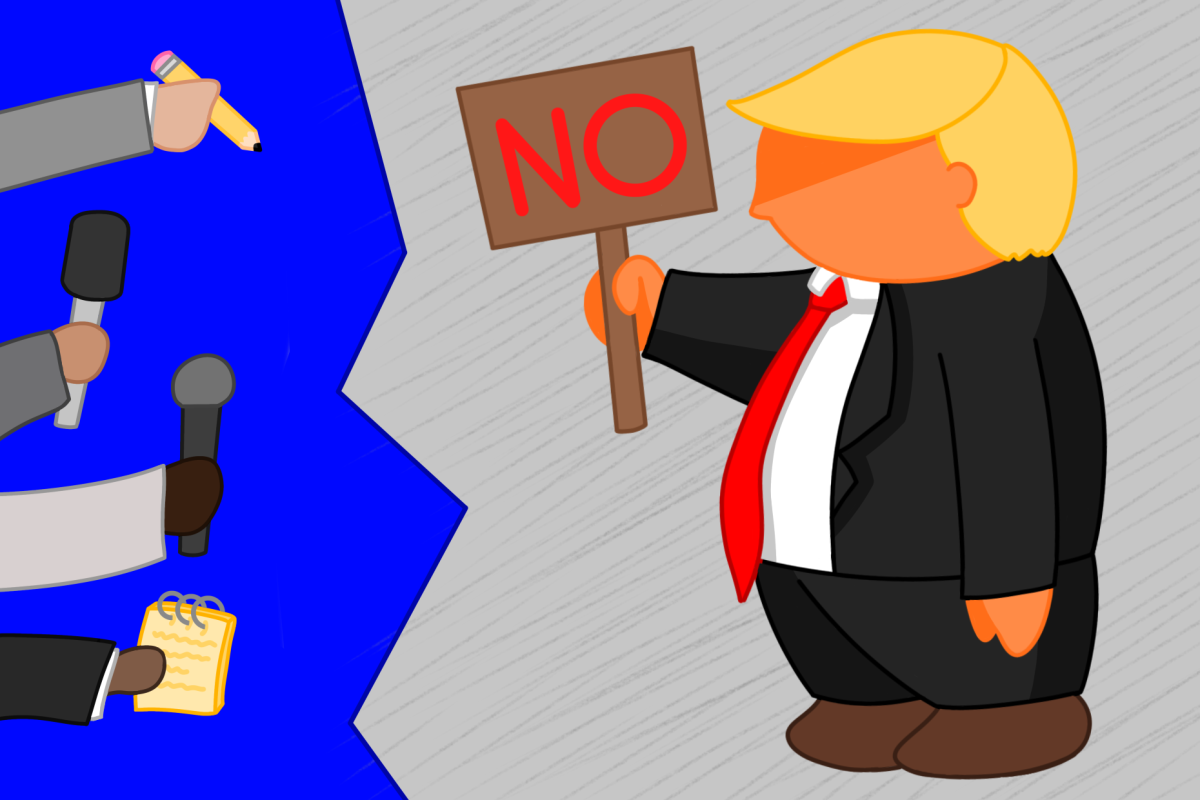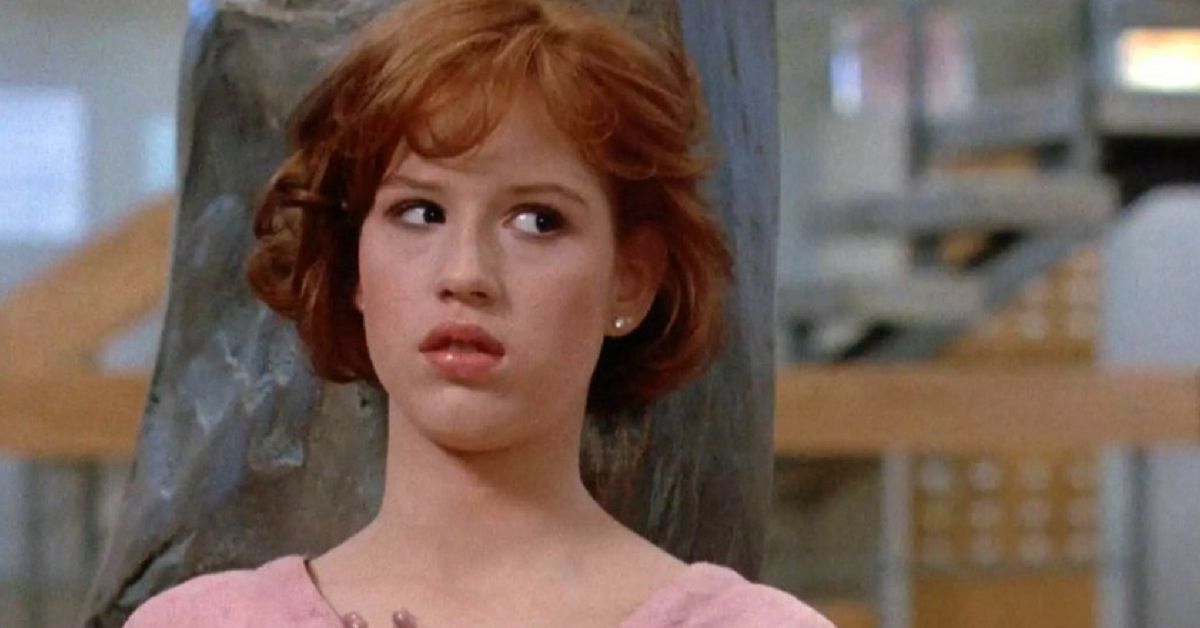John Hughes was a filmmaker in the 1980’s and became well-known due to his creation of unique coming-of-age films. He showcased teenage problems in a light they deserve: with respect and validity. He took teens’ problems seriously, and made his audience see them in that regard too. By taking in all of Hughes’ renowned appraisal, I also believe we should not neglect the fact that his films were, in some cases, severely flawed.
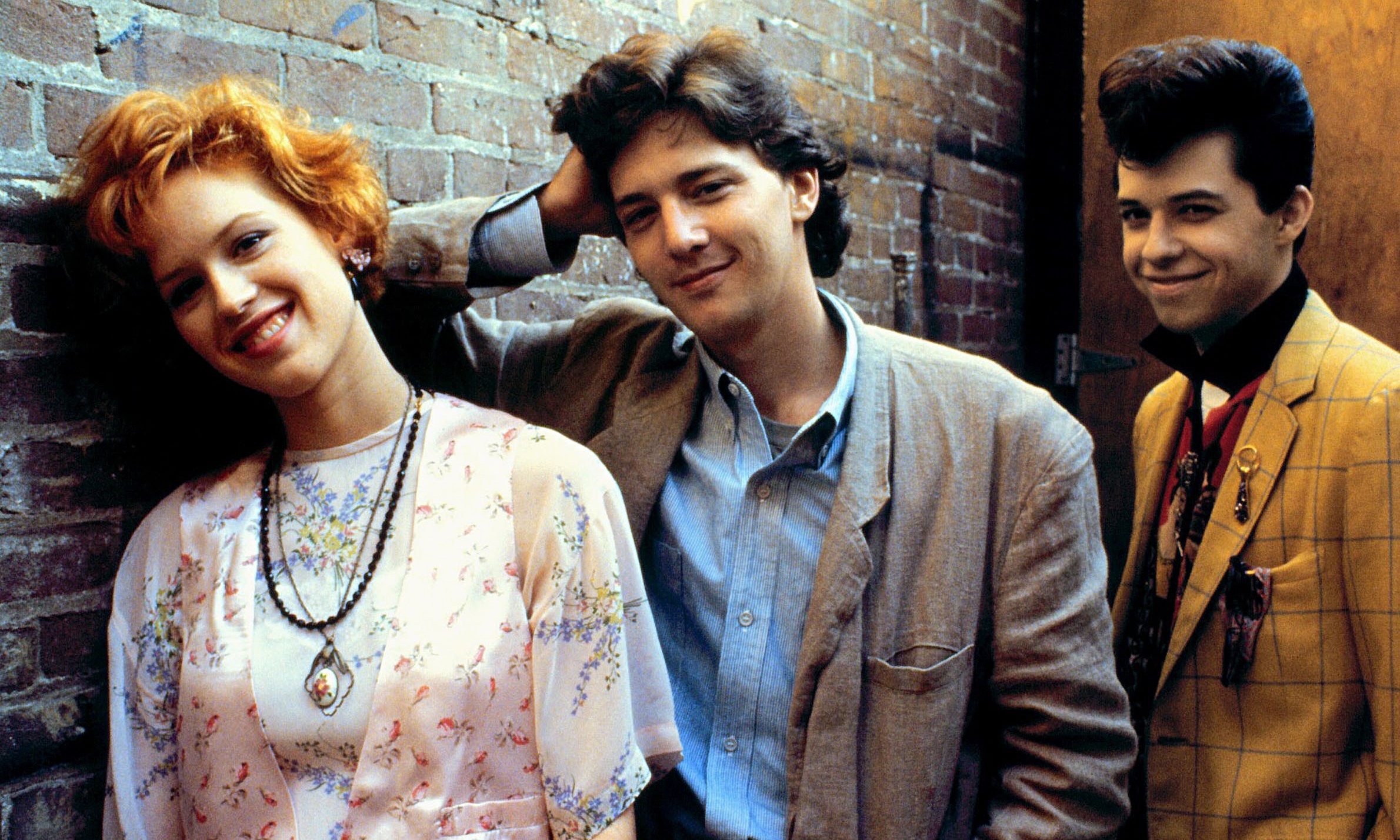
While Hughes did manage to showcase teenage struggles earnestly, he only showcased the problems white, middle-class, suburban kids face. Some of his most popular works that I will be focusing on in this analysis are: “The Breakfast Club,” “Sixteen Candles,” and “Pretty in Pink.”
At the time of these films’ release, Hughes was praised for having a female protagonist, more specifically, Molly Ringwald. But his female protagonist and her surrounding male counterparts are deeply flawed and this should not go unnoticed.
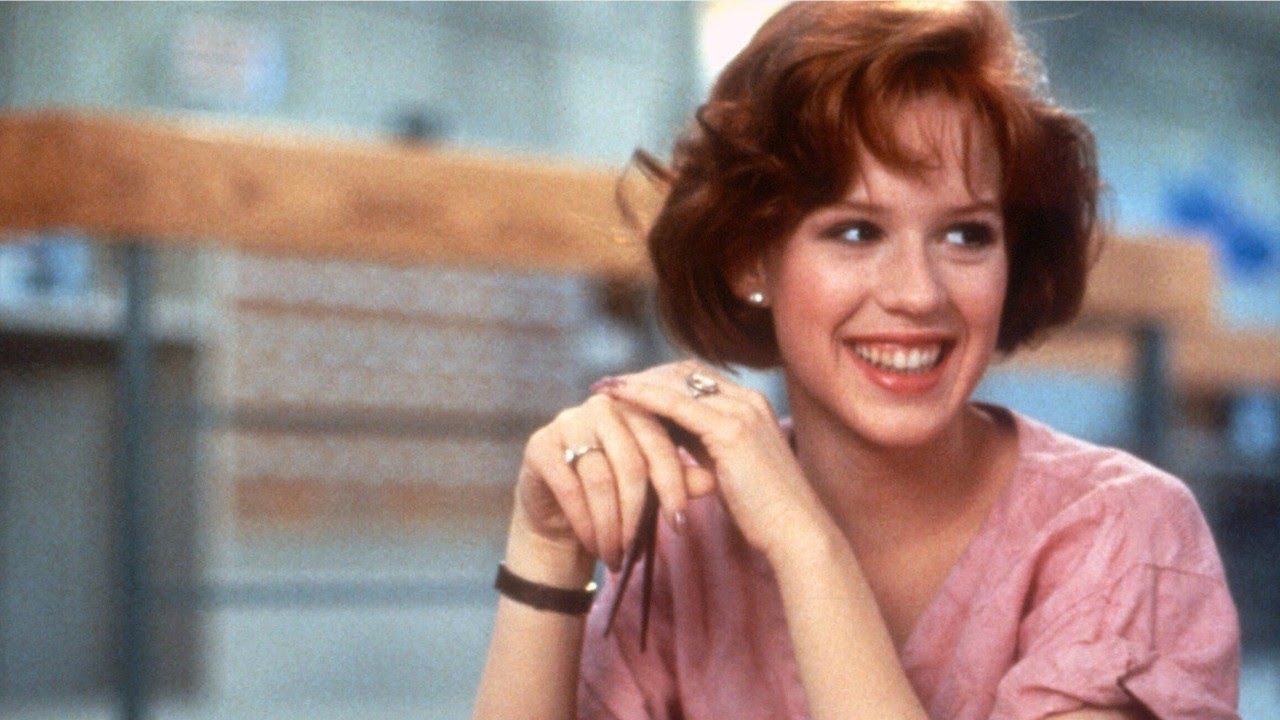
In the film, “Pretty in Pink,” Ringwald’s whole character arc is about going after a rich guy who is bland, blatantly unappealing and never stands up for her against bullies until the very end of the film and once he does so, they inevitably embrace in a kiss. This is not how a healthy relationship develops, yet the film presents their dynamic as romantic and endearing.
Similarly, in the movie, “The Breakfast Club,” Ringwald’s character is harassed sexually and verbally by the man who she ends up with at the end of the film. The other female character in this movie is known as the “basket case,” more respectfully referred to as Allison. Allison is finally accepted and has become desirable by “the jock” once Ringwald’s character gives Allison a makeover, making her look more “normal” and appealing.
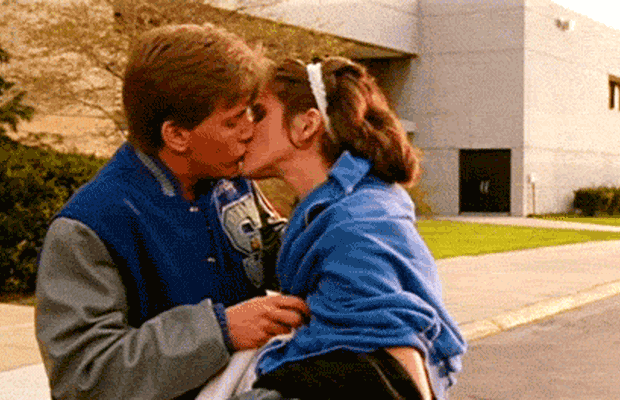
Hughes’ films are delivering many wrong messages to his predominantly female audience. He is inadvertently teaching young girls to adjust in order to comply with men’s needs. His films also tend to make the problematic claim that a woman’s beauty is the most important thing about her.
The last Hughes’ film I will be touching on is arguably the most problematic out of the three. “Sixteen Candles” incorporates nonchalant conversations about sexual assault and inappropriate, degrading language is used towards the female characters in the film.
The character only referred to as “the geek” throughout the entire film, parades Ringwald’s character’s underwear to his fellow classmates, showing them off as if he has obtained Ringwald as some sort of conquest. Ringwald’s love interest in the film, Jake Ryan, states horrific things throughout the film, giving permission to “the geek” to do whatever he wants with his girlfriend.
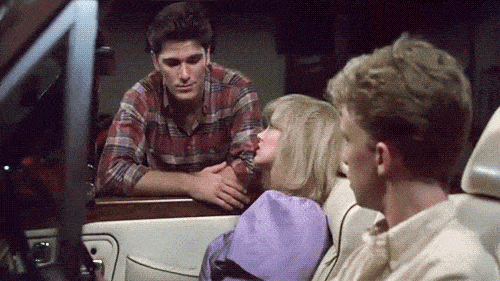
It’s jarring to see Ringwald’s character end up with Jake Ryan at the end of the film when you remember hearing all the horrid things he said about women earlier in the movie.
The actress, Molly Ringwald, is perplexed by the paradox that is John Hughes’ writing as she says in an interview for “The New Yorker” in 2018, “Hughes was able to write with so much sensitivity, and also have such a glaring blind spot.”
Modern coming-of-age films such as “Eighth Grade,” “Lady Bird,” “Booksmart,” etc. are more socially-conscious in the way that they are both entertaining, all the while addressing social problems. The plots of these modern films are not focused on the girl getting the guy, or vice versa, but they’re more centered around the protagonist getting confidence, independence and self-love. The characters in these films are oftentimes more dimensional, demanding and real. These films have adapted John Hughes’ coming-of-age conventions, but have only taken the best parts.











